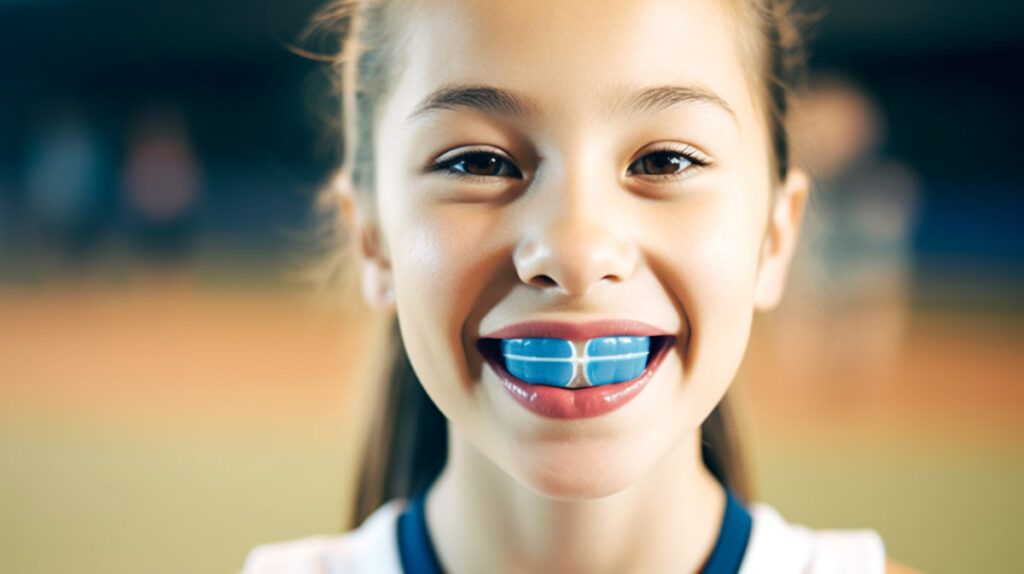
Dental Tips to Protect Your Teeth During Active Sports
It is imperative to protect your teeth when engaging in athletic activities. The average person participates in sports without thinking about the potential negative consequences of contact with the head and other parts of the body. An errant football, puck, racket or baseball can ruin your smile.
It is time to put safety first and make use of the proper safeguards to keep those pearly whites looking fantastic.
Here are some helpful dental tips to protect your teeth.
Wear a Mouth Guard
The best way to protect your teeth while participating in athletics is to wear a mouth guard. Protecting the mouth is especially important for contact sports like hockey and football. However, this is not to say those who participate in soccer, racquetball, basketball, lacrosse and other sports should refrain from wearing a mouth guard.
Rather, people should wear a mouth guard in any type of activity where people and/or equipment are moving at a fast rate of speed in a confined space.
There are different types of mouth guards on the market. The generic variety fits mouths of varying sizes. Some generic mouth guards require soaking prior to placement in the mouth. Though generic mouth guards are affordable, they do not provide the level of protection and comfort of a fully customized mouth guard made by the dentist.
Wear a Helmet to Protect Your Teeth
Sports participants should wear a helmet when competing or even practice. Any old helmet will not suffice. The helmet should have a robust face guard that can absorb the impact of contact without breaking. Furthermore, you should select a helmet ideal for your particular sport. For example, a helmet designed for cycling will not suffice when playing lacrosse.
Teeth Must be Protected When Engaging in Solo Sports
Do not make the mistake of assuming your teeth, gums and tongue are invulnerable to damage during solo sports. You should take steps to protect your teeth when skating, skiing, snowboarding and cycling. While you will not be smacked in the head by a baseball traveling at 100 mph while enjoying solo activities, you are still at risk for tooth damage.
Consider an instance in which you trip or stumble, fall to the ground and slam your face against the pavement. It is also possible you will run or cycle into something, fall and endure extensive oral damage. Do not assume a helmet will provide adequate protection. A mouth guard is also necessary to protect your chompers.
Even Swimming Poses a Threat to Your Teeth
The pool you select for laps must be properly maintained. A swimming pool with a particularly low pH will prove overly-acidic and possibly cause swimmer’s calculus. Swimmer’s calculus gradually forms after excessive enamel erosion occurs, making the teeth incredibly sensitive and yellow in hue. If you are an avid swimmer, you can do our part to protect your teeth by using an enamel-strengthening toothpaste.
DEARBORN LOCATION – CONTACT INFO
22190 Garrison St #205, Dearborn, MI 48124
Give us a call @ 313-367-1064
.
ALL BRITE DENTAL – BROWNSTOWN, MI
BROWNSTOWN LOCATION – CONTACT INFO
Give us a call @ 734-245-2588
